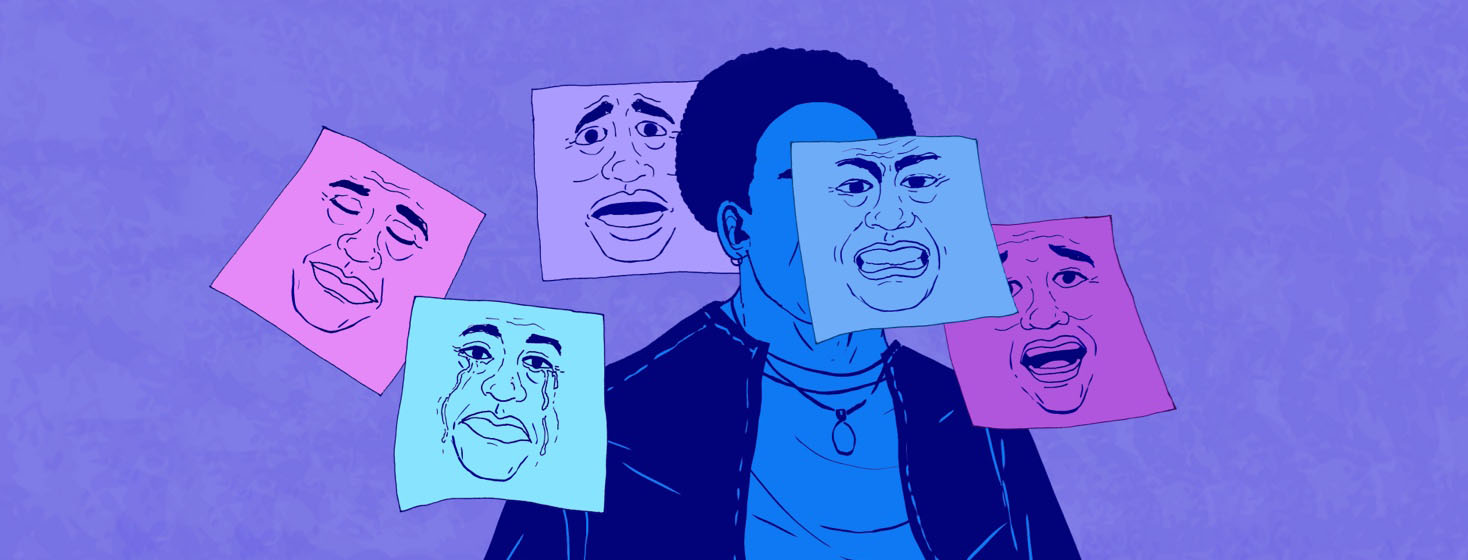The 5 Stages of a Blood Cancer Diagnosis
It has been at least 10 years since I was diagnosed with chronic myelogenous leukemia (CML). As time goes on, unfortunately, my memories of life without blood cancer get hazier and more bittersweet.
Recently, I heard someone talking about the five stages of grief outlined by Elisabeth Kübler-Ross in her book “On Death and Dying.” I am no stranger to grief. Following my mom’s death 12 years ago, I began seeing a grief counselor. A year or so in, CML insinuated itself in my life. I remember the counselor saying that she helped people with life transitions, and my change in health was one of them.
So do the five stages of grief relate at all to a blood cancer diagnosis? You be the judge.
5 stages of grief with blood cancer
Denial
This is the first stage where people struggle to accept the reality of the loss. It acts as a defense mechanism to buffer the immediate shock. I certainly can relate. It is difficult to accept obviously that you have leukemia (or any type of cancer). I was told immediately that I would have to live with this disease for the rest of my life and that there is no cure, only treatment. It is a bitter pill to swallow.
But denial? Enough time has passed that I am able to say, “it’s just the way it is.” I do not like it, but I recognize that I am not in a position to change the situation.
Anger
As the masking effects of denial start to wear off, the pain re-emerges, sometimes redirected as anger. It is impossible to know where to channel it. I have screamed at inanimate objects and at home alone. I get aggravated (now and then) when other people downplay blood cancer, simply do not understand it, and do not try to educate themselves.
My hematologist/oncologist early on asked me if I was angry at the world. I blew up at him and essentially said, “You ain’t seen nothing yet.” Mercifully, I have learned that being angry drains me of energy and serves no logical purpose.
Bargaining
During this stage, individuals may dwell on what they could have done differently to prevent the loss. They may try to make “deals” with a higher power to reverse or lessen the loss. Maybe I skipped this step. I know that I could not have “done” anything to change the outcome of blood cancer. I ate healthily, usually walked two miles per day for several years, and did not smoke, drink, etc.
CML is a genetic defect that happens when chromosomes 9 and 22 translocate to form a mutation. No one knows why. It could happen to anyone. I’m not a believer in putting blame on a patient, even myself.1
Depression
This stage involves deep sadness and regret. The individual begins to understand the certainty of the loss and may withdraw from life, feeling numb or overwhelmed. Ah yes. This one resonates to this day. It is an up and down experience, like a seesaw. I usually have it more under control these days, but there are periods – days and even weeks sometimes –when what I call the “black hole” arrives and I must crawl my way out of it.
I am the sort of person who tends to withdraw, unable to talk to many people, except a couple of friends. As for feeling overwhelmed, that is probably my middle name.
Acceptance
In this final stage, individuals come to terms with the loss. They can acknowledge and learn to live with it. I have had to come to terms with the loss of my old life before cancer. I do not like the reality, but there really isn’t anything I can do about it other than listen to and see my CML specialist, get my questions answered, and take a tyrosine kinase inhibitor (TKI) for treatment.
I have “learned” to live with CML by adopting various strategies. However, I’m not going to lie: it can be a miserable existence at times. Plus, 10 years is a long time to feel sick almost daily, sometimes very sick. It has taken its toll on my other organs and resulted in comorbidities that are difficult, too.
What is your experience?
What about you? Have you experienced the five stages of grief as they relate to your blood cancer? Let us know in the comments below.

Join the conversation